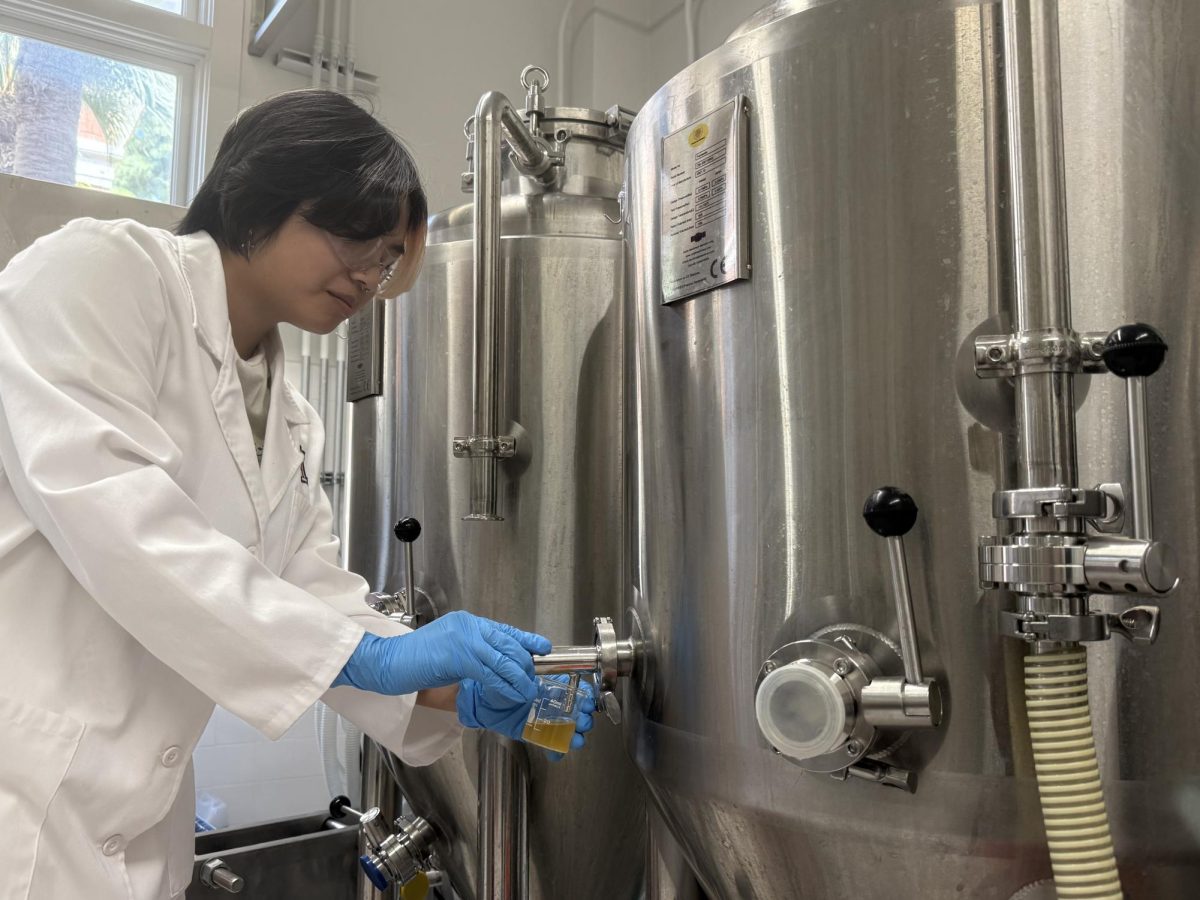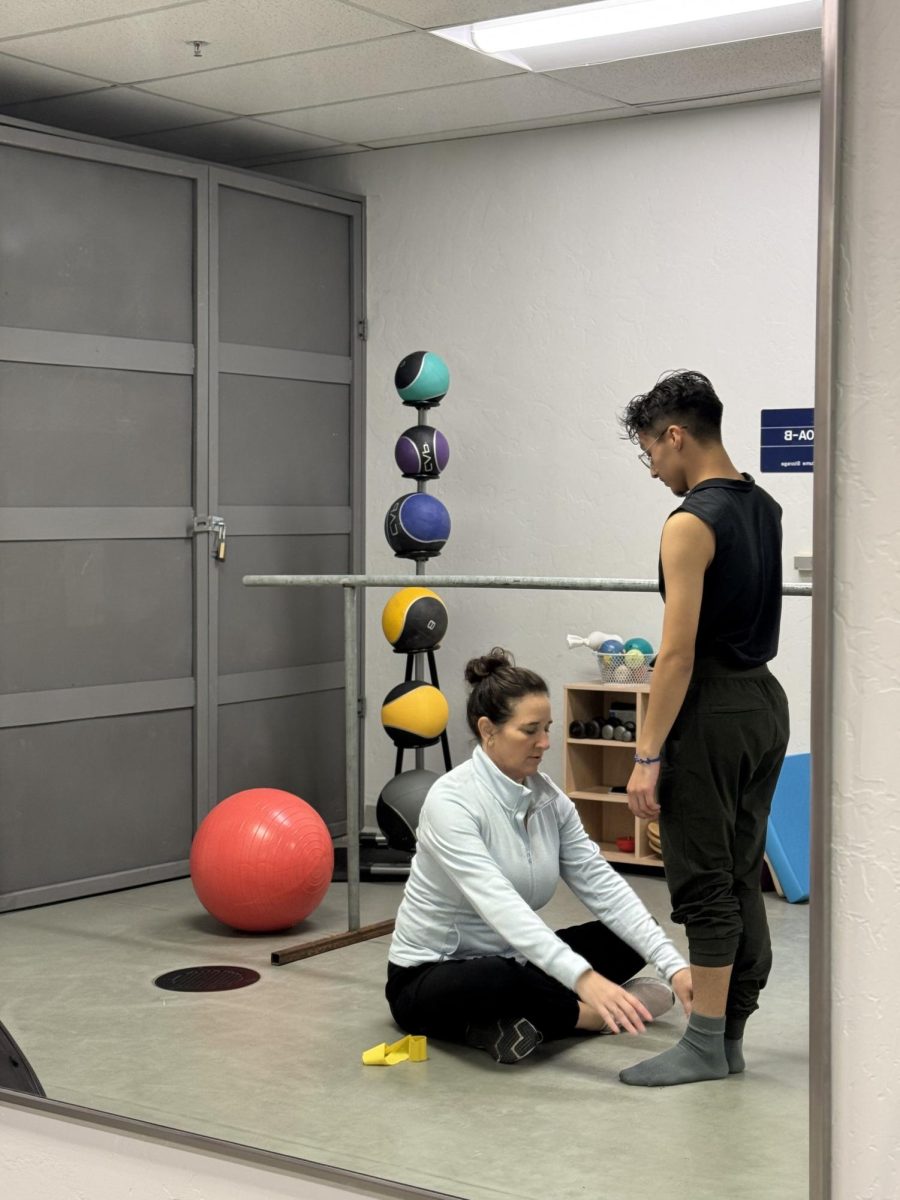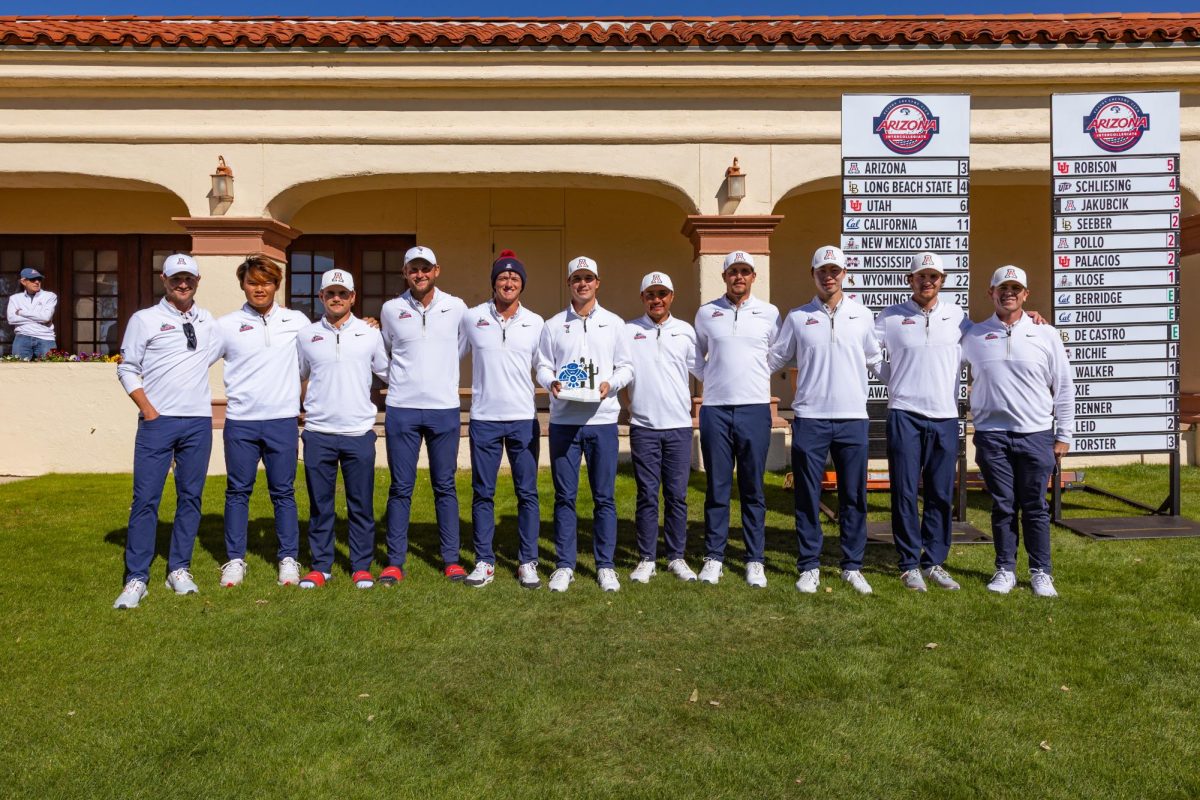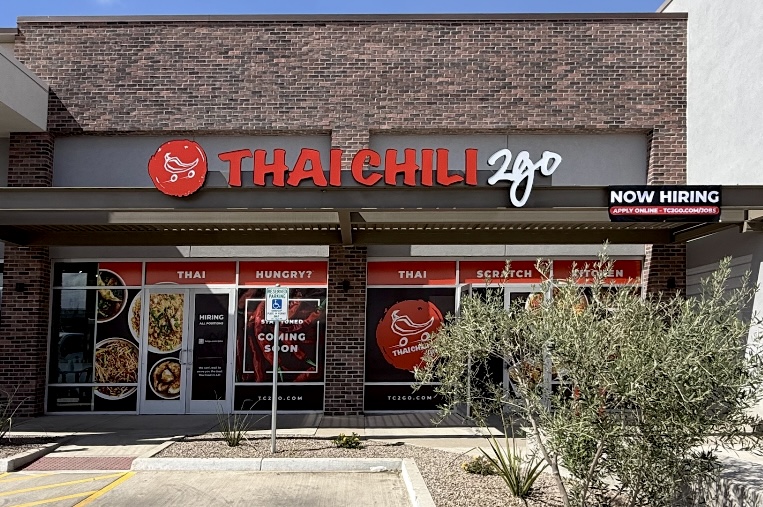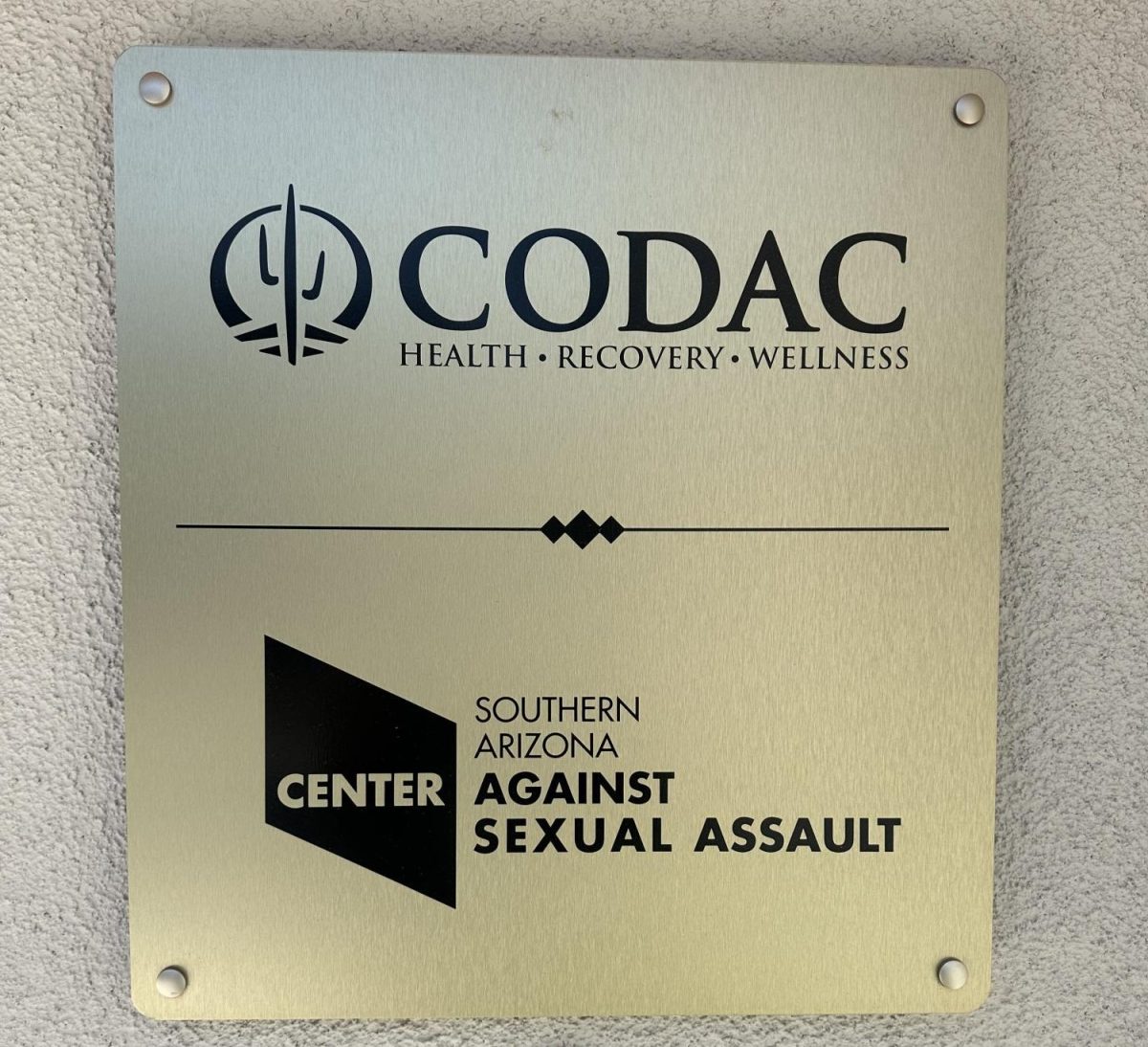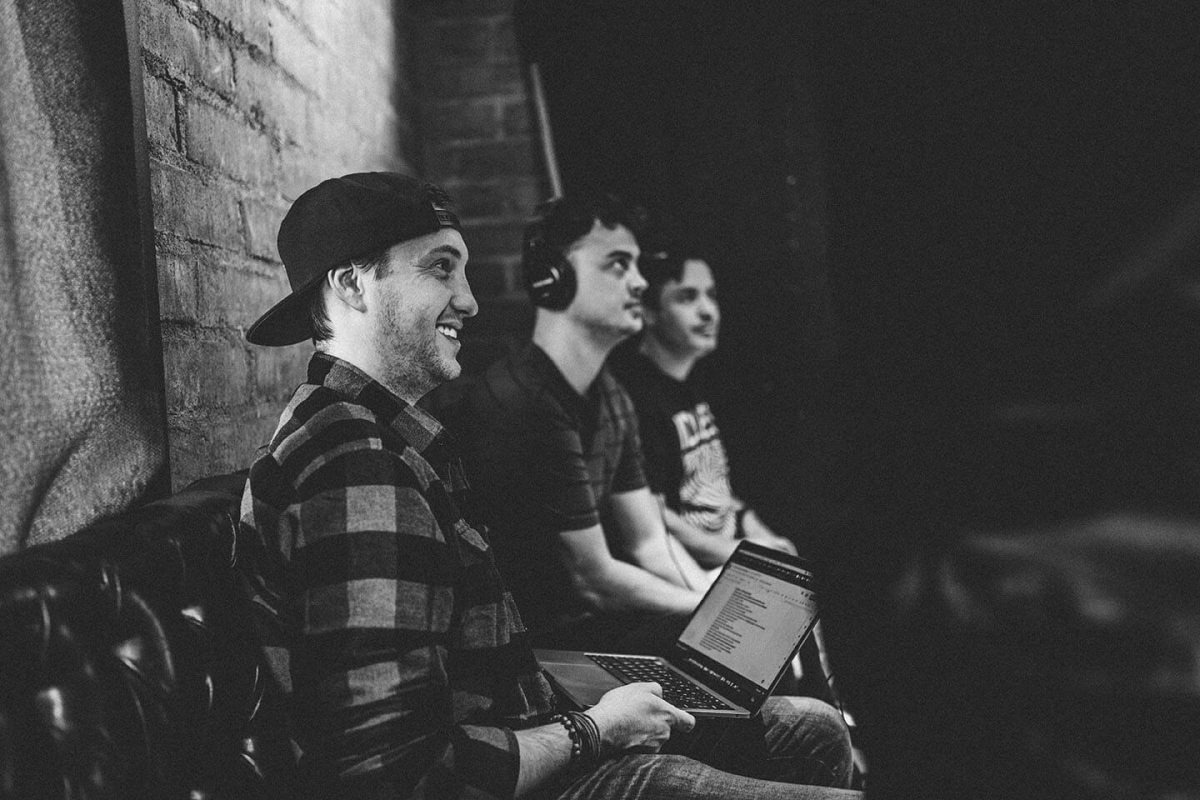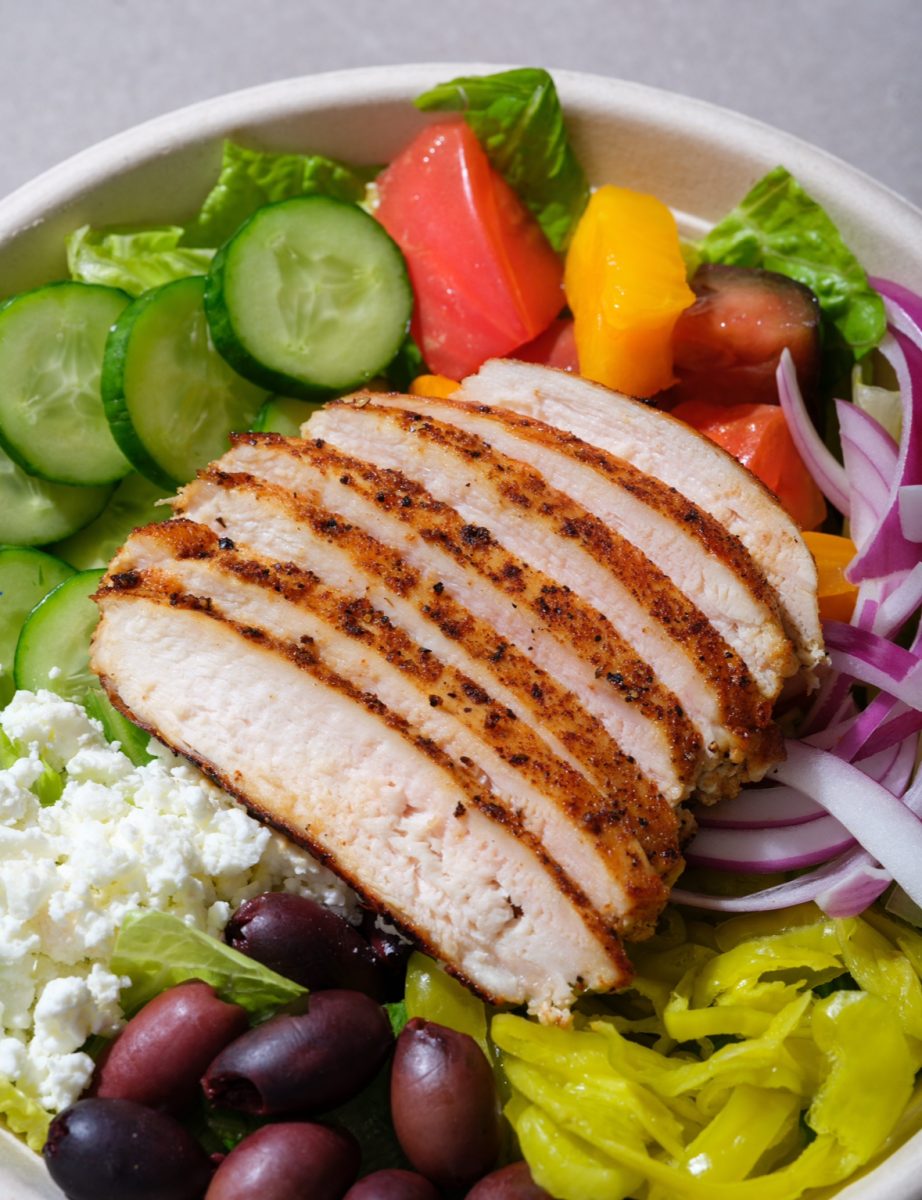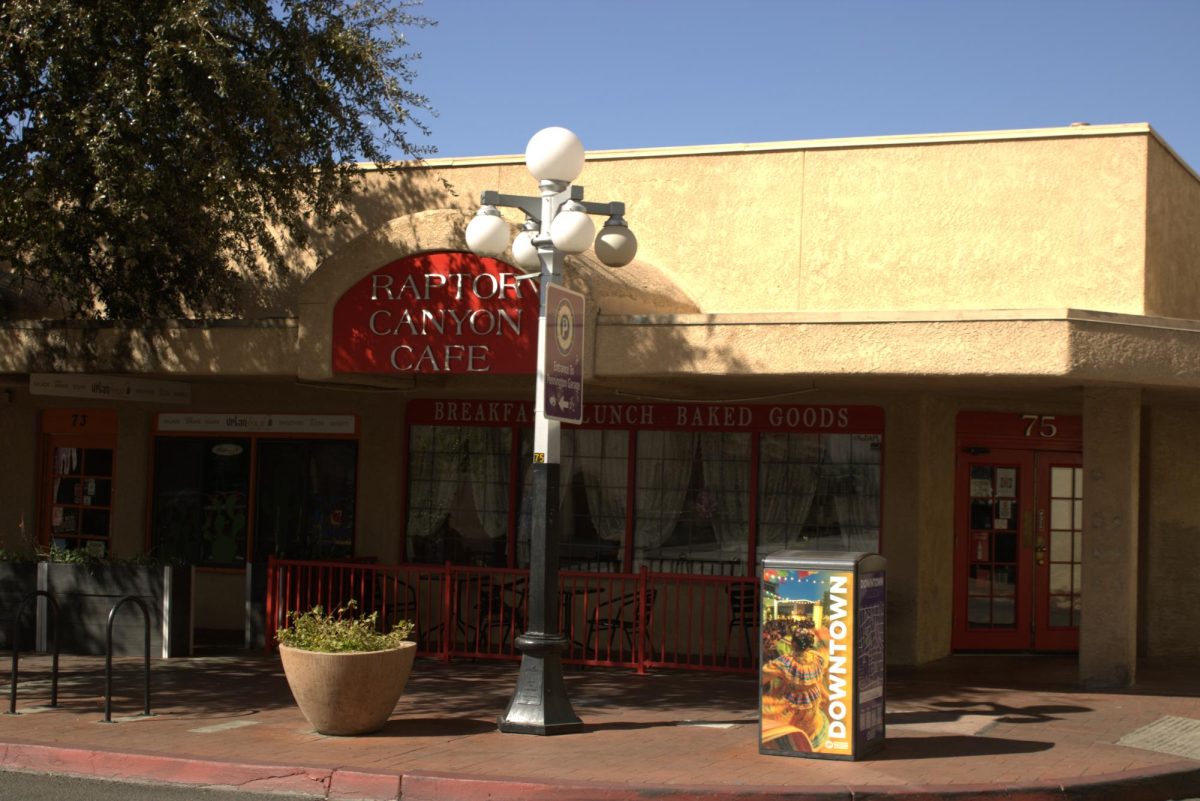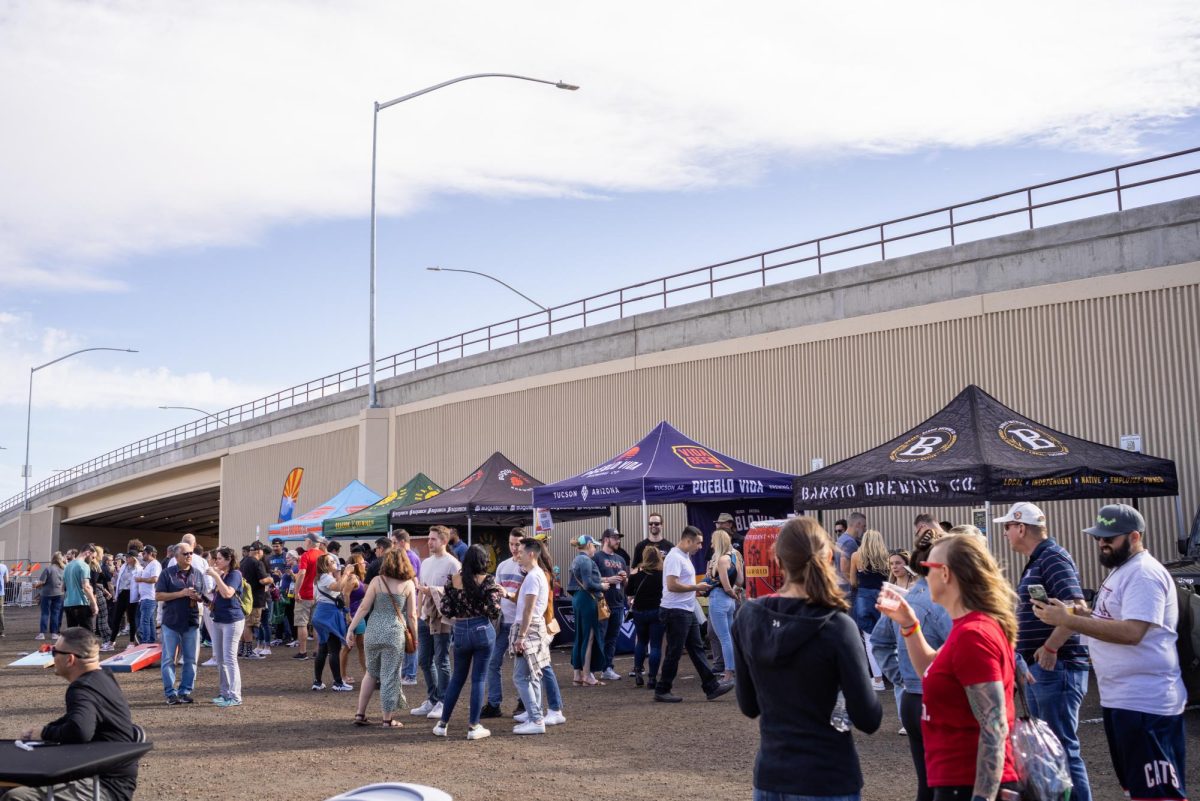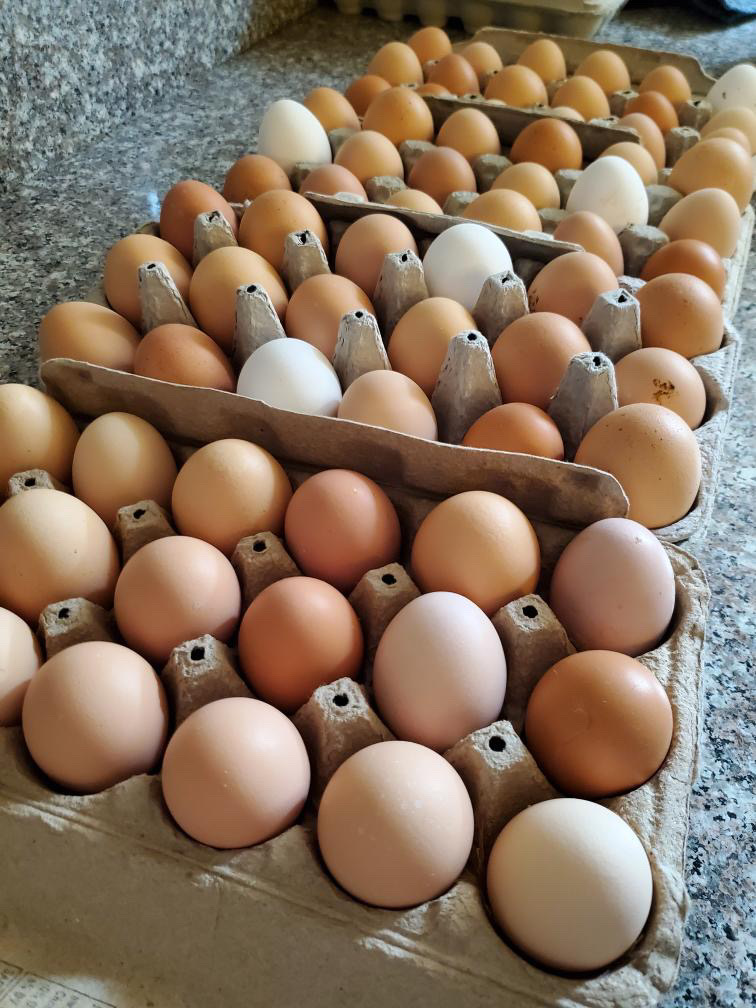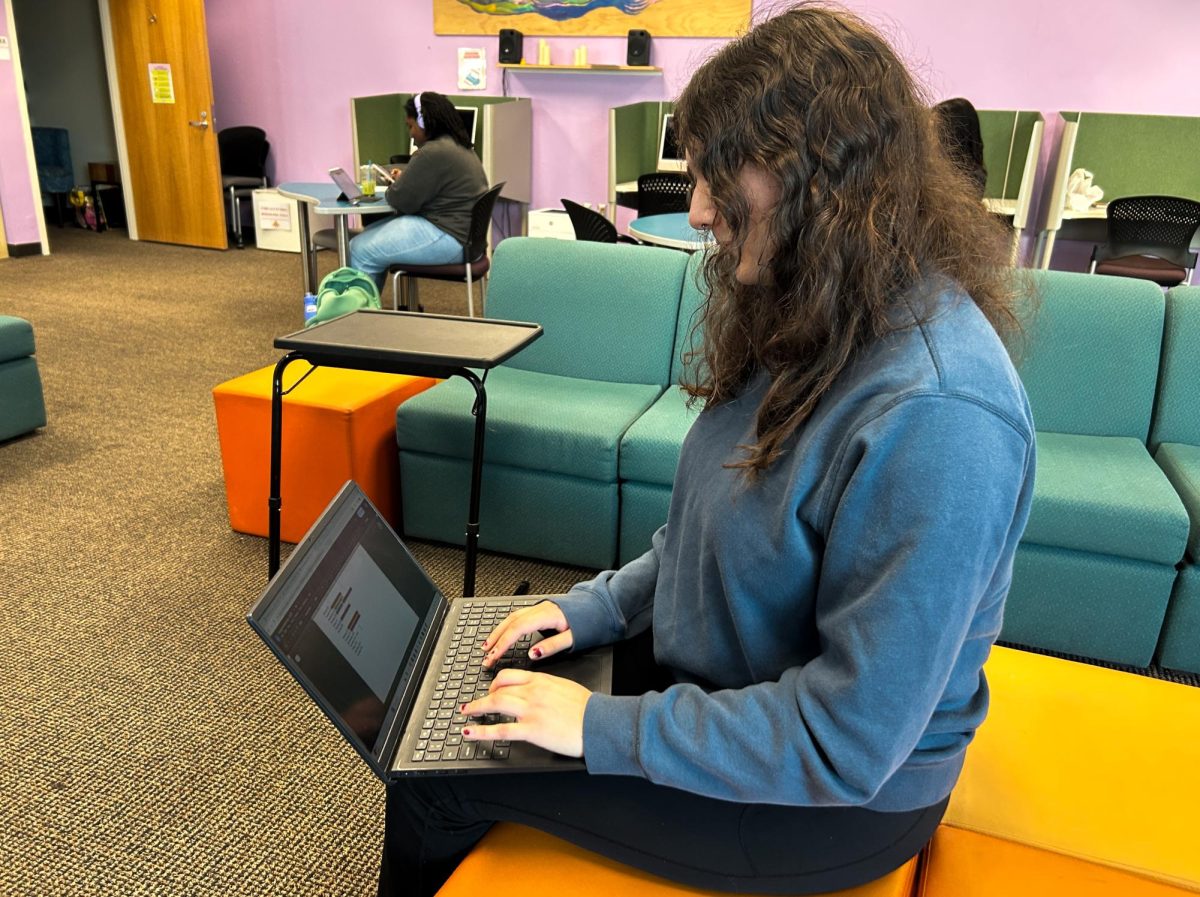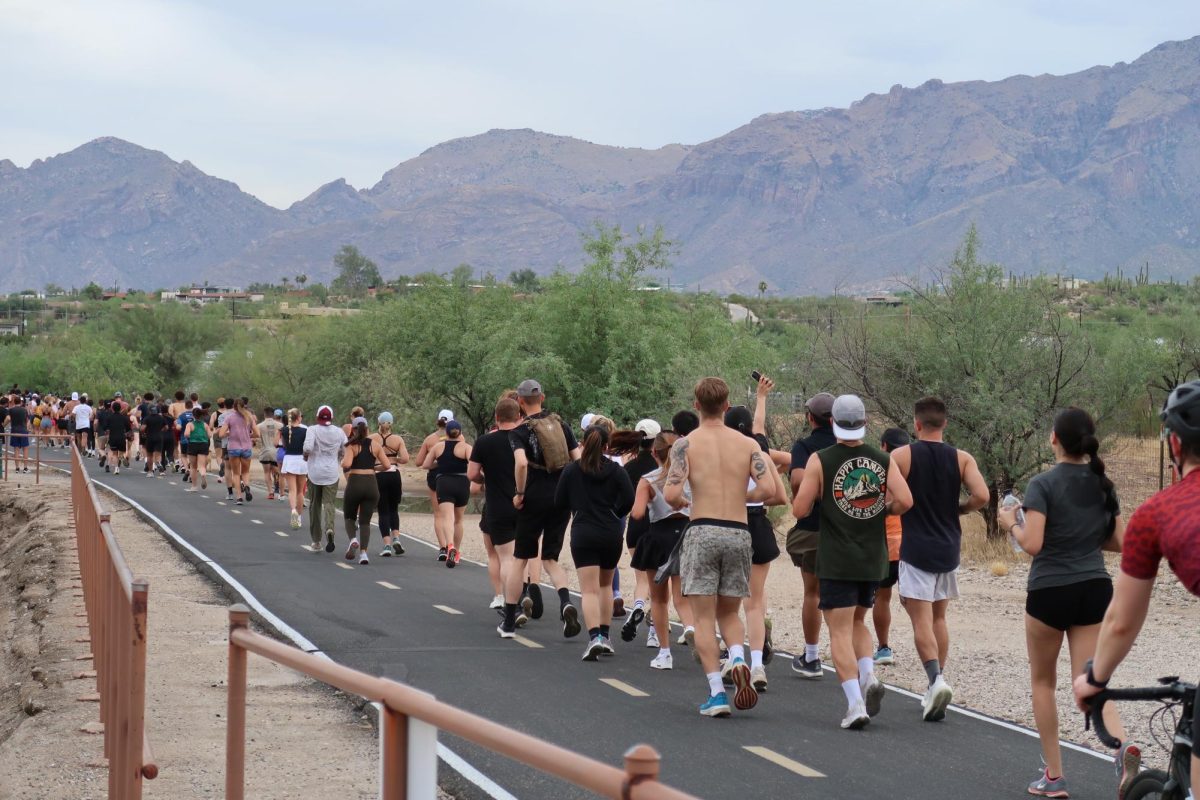Nutritional sciences and wellness sounds like it would go great with a beer.
Just ask Patrick Heacock, the head brewer for the University of Arizona School of Nutritional Sciences and Wellness.
For the past 18 months, Heacock has been leading and teaching students how to brew beer in the new pilot plant that was completed and added to campus in 2022. He also has partnered with different local breweries to place students in internships.
The pilot plant is a collaboration between the schools of Nutritional Science and Plant Sciences, which both saw the importance of fermentation as a study on campus. The two schools, under the umbrella of the College of Agriculture, Life & Environmental Sciences, pooled their money to create the pilot plant in the Forbes Building.
The internship and independent study programs have placed seven interns at six different breweries in Tucson including Barrio Brewing, Brickbox Brewery, Dragoon Brewing Co., Crooked Tooth Brewing and Slow Body Brewing. In the past they have partnered with Pueblo Vida Brewing and in the near future they hope to partner with Iron John’s Brewing.
Two independent study students also are working in the new industry-standard pilot plant in the same building where they take classes. These students are working to brew their own beer recipes from scratch.
“Developing that pilot lab was sort of like an entry point for the department to move back into food science,” said Kim Carleton Krumhar, program coordinator for the School of Nutritional Sciences and Wellness. “It created a lot of interest, it created excitement around campus and people really came to see us a lot.”
The majority of the students in the internship and independent study programs are applied biotechnology students who take nutritional science and wellness classes and are hoping to pursue careers in research and development in the food space.
UA senior Evie Tran was originally studying psychology with a minor in music, but decided to pursue the applied biotechnology route when the minor/degree was created.
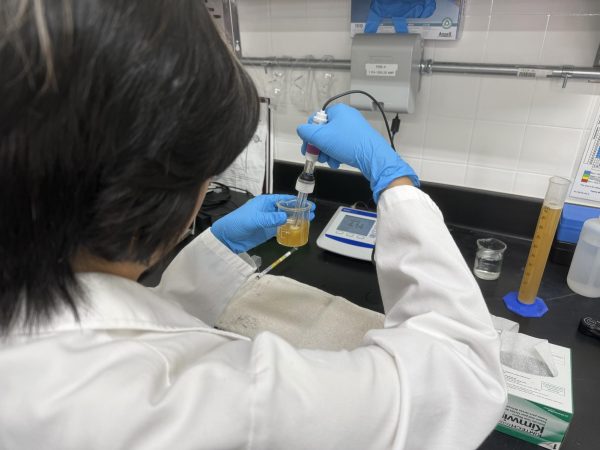
“My passions went towards biotechnology cause it was honestly just so cool and there’s so much about it,” Tran said.
As Heacock was stepping into his role as head brewer, Tran was trying to get more hands-on experience in the Applied Biotechnology programs, which include food and beverage fermentation and industrial plant and microbial biotechnology. Heacock said they learned together and now Tran is brewing her recipe for a Kiwi-Strawberry Blonde Ale in the pilot lab.
The goal is for students to sell their craft beers to Cork & Craft, a brewpub/restaurant on campus.
Memorial Student Unions, which oversees Cork & Craft, has agreed to kick some of the profits from beer sales back to the program.
“That money would come directly back to the department and that would be used to provide for student scholarships, for new equipment and for improving our instruments in the laboratory,” Krumhar said.
Heacock is finalizing work on the space and Krumhar said it could be completed by the end of the semester or early summer “so we can actually start to bring students in.”
Once the brewery is up and running, the goal is to provide customers with unique, student-crafted ales under the label CALES Ales, in a nod to the College of Ag.
“It’s kinda novel… I don’t know any of the campuses in the country that can actually do this,” Krumhar said. “UC Davis has a really fantastic brewing program, but they’re not going to be selling what they make.”
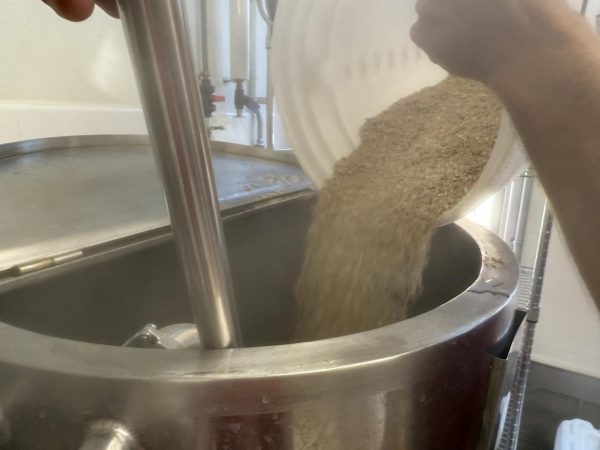
The development of the brewery, like any project that has to follow health guidelines, has been a work in progress. Some thought they would be drinking CALES Ales around this time last year, but infrastructure complications set the timeline back. The program also decided it wanted to get additional licensing to allow them to sell the beer at school events in Centennial Hall and McKale Center.
The goal is to change the negativity behind beer and focus on the health and social benefits of beer. National studies have shown that Gen Z, for reasons ranging from health concerns to their wallet, is drinking less.
“I have really had an idea for the past three to four years to kind of reinvent beer and to start to develop it as a more helpful kind of beverage possibility for people,” Krumhar said.
The UA School of Nutritional Sciences and Wellness eliminated the food science program about 20 years ago; it was reinstated in 2021, when the school hired a director who saw the program’s value, something Krumhar supported.
“Without having a food focus, you can’t have a nutritional sciences department.” Krumhar said.
This year the food sciences minor was reinstalled and a major in food science is in the works.
“In two to three years, we would like to have our food sciences major back and running strongly,” he said.
Heacock said the student-crafted CALES Ales could “be flowing by the start of the fall semester.”
Arizona Sonoran News is a news service of the University of Arizona School of Journalism.


